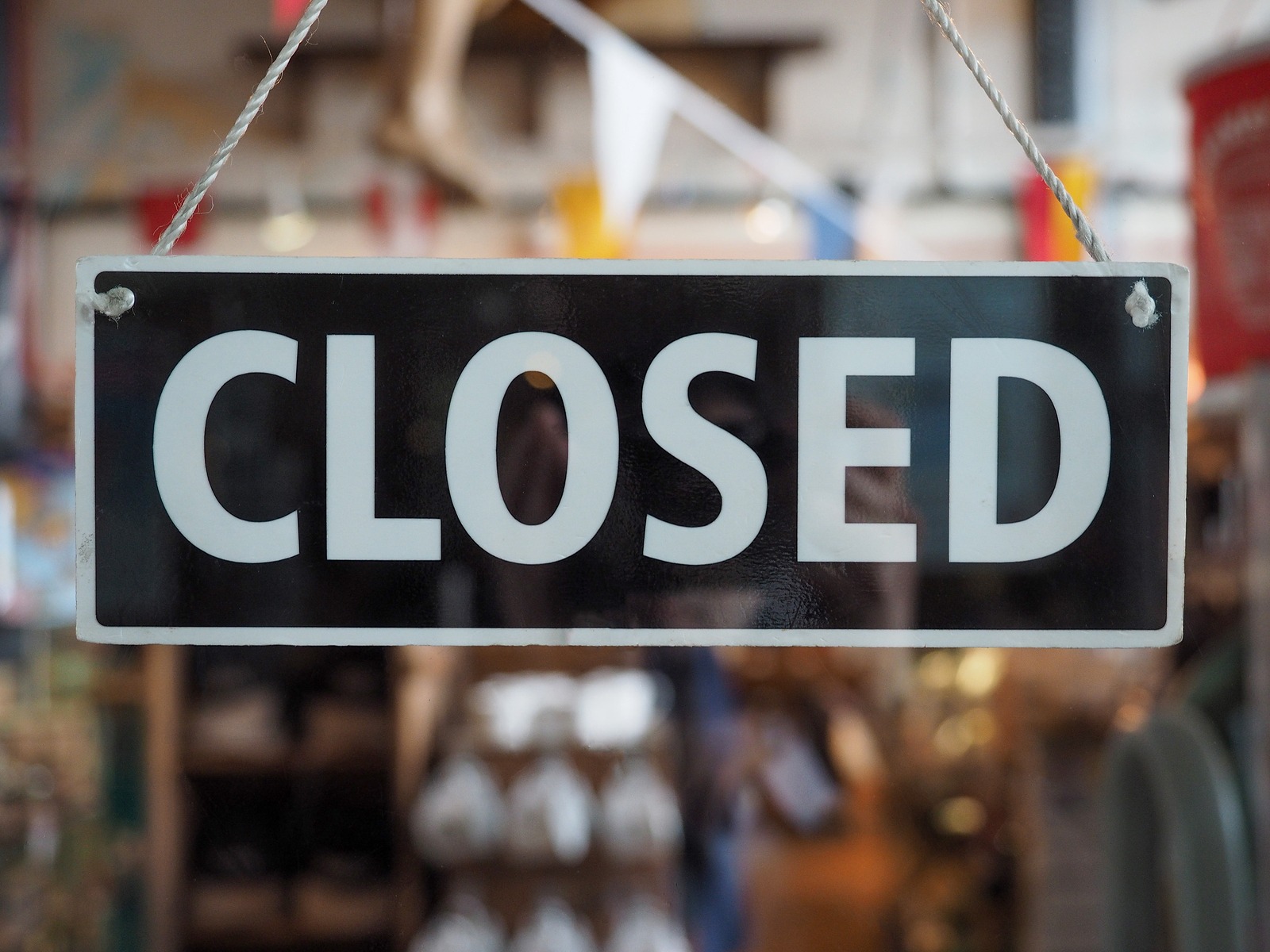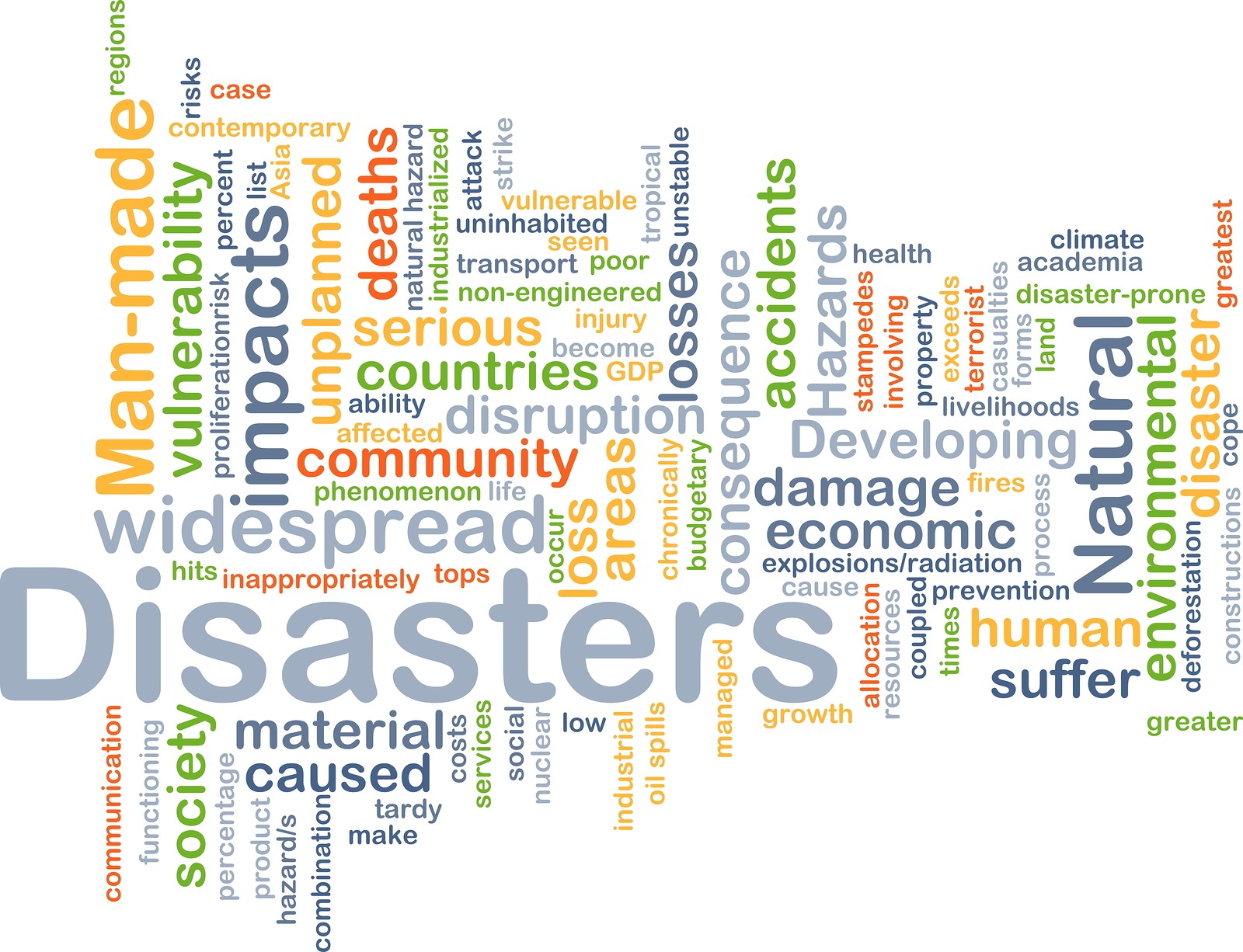CFGMS Admin September 20, 2017 Categories: Online Lending, Small Business Funding
In the wake of the recent hurricane disasters in Texas, Florida, and the surrounding states, even businesses that weren’t located in affected areas may be feeling the impact of Harvey and Irma. The economic impact of natural disasters is often far-reaching and in many cases, significant. The damage and devastation left behind by a natural disaster present challenges for businesses of all sizes but small businesses typically face the biggest hurdles when it comes to getting back to business as usual.
Damage to Assets
Assets are the physical items businesses use in their daily operations. If the destruction from a natural disaster is significant, these assets can be severely damaged and require either repair or replacement. Larger companies with multiple facilities can offset the economic impact of natural disasters by transferring operations to other locations. Their production may still be somewhat diminished compared to normal, but they will still be able to conduct business. Small businesses typically operate from only one location which houses all the business’s assets. Severe damage to the assets of a small business will bring operations to a complete halt.

These business owners will spend a lot of time trying to repair the assets or waiting until it can be replaced. If they were fortunate enough to have enough cash in reserve, they may be able to get up and running quickly. Even so, the demand for said assets may be increased due to the disaster. This could result in a delay in their delivery or the business owner may have to wait for insurance reimbursement or any possible disaster funding. This can be a long, drawn-out process and may even prevent the business from reopening at all.
Drain on Capital
The financial resources, referred to as capital, that businesses use for goods or labor to fuel their daily operations can experience a severe negative impact due to a natural disaster. In the aftermath, they must use that capital to restore assets rather than further business growth. Large companies are able to keep a portion of operations profits in reserve as part of a disaster recovery plan. Small businesses do not usually have significant amounts of capital in reserve which limits their ability to continue operating. In order to survive the economic impact of a natural disaster, a small business must secure outside funding.
Loss of Personnel
The economic impact of natural disasters can be manifested with the loss of or insufficient personnel. As with their assets, large businesses typically have more personnel available to assist in restoring business operations to normal levels. If the company has sufficient technological resources, some employees may even be able to work remotely. In most instances, small businesses often don’t have enough employees to restore normal operations.
In the wake of a natural disaster, many of a business’s employees may be temporarily or even permanently relocated due to the loss of their homess. To fill this void and keep their business open, a business owner may have to hire and train new employees which involve both time and money. This can put a strain on any capital the business may have in reserve or have them searching for other sources of funding to keep their business afloat.
Declining Sales
While a natural disaster can cause a boom for businesses that produce or supply the products and materials needed for rebuilding, it can cause other businesses to see a decline in sales. This economic impact of a natural disaster may be the most common and one that has a ripple effect. After a disaster, people typically only spend their money on the necessities and this can be true of those located outside of the disaster area as well.
Businesses that aren’t producing or supplying these necessities will probably see their sales suffer. For a large business, this could just be a bump in the road, but a small business may struggle until sales pick up again. Increased demand for the necessary items and services can put a financial strain on the small businesses supplying them. They may not have enough manpower or inventory on hand to keep up with the demand. Obtaining the necessary inventory or additional workforce could deplete any capital they have in reserve or have them looking for additional financial resources to match the demand.

Surviving the Economic Impact of Natural Disasters
Often after a natural disaster, a small business can file a claim with their insurance company relating to the loss of assets or property. The business may also be eligible for disaster relief funds. It is important for a small business owner to pursue all of these, as the economic impact of natural disasters can be devastating. Unfortunately, receiving funds from these sources takes time, time that could make all the difference in a small business’s survival. In order to get your business up and running again, you need capital now.
CFG Merchant Solutions may be able to help. Having to secure financing always makes business owners a little nervous. It’s important to choose the right alternative lending option for your small business.
At CFG Merchant Solutions, we offer a variety of small business funding options. We will guide you in choosing the perfect solution for your individual business needs. Our team brings to the table more than 60 years of institutional investment banking experience in the credit, commercial finance, and capital markets.
We are a privately owned and operated specialty finance and alternative funding platform. We focus on providing capital access to small and mid-sized businesses (Merchants) in the U.S. that have historically been underserved by traditional financial institutions and may have experienced challenges obtaining timely financing. Contact us or apply online today!
